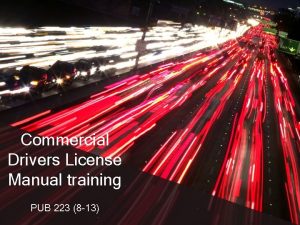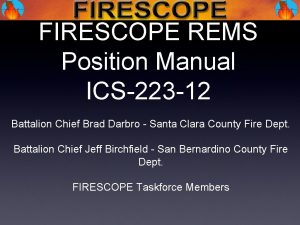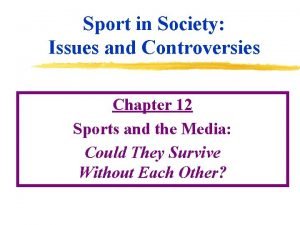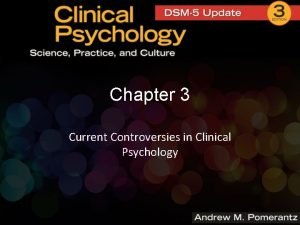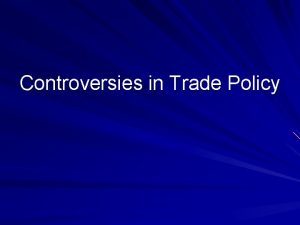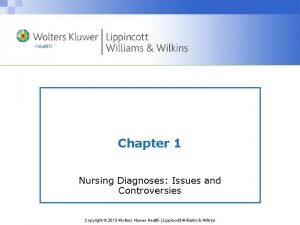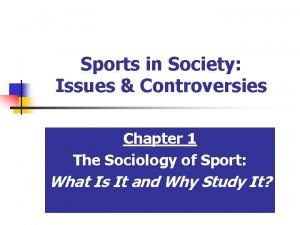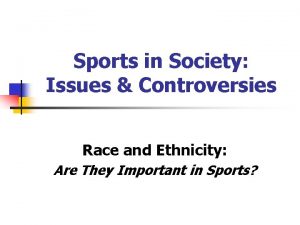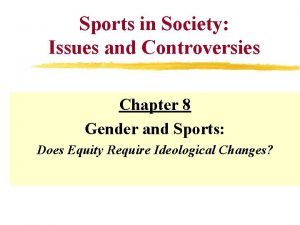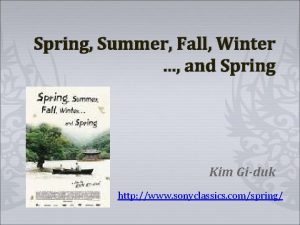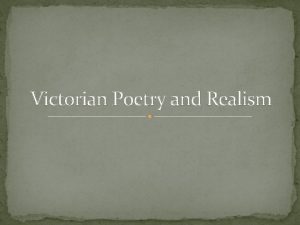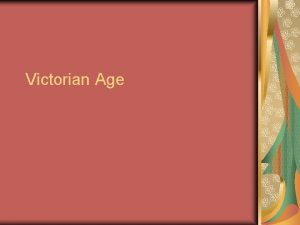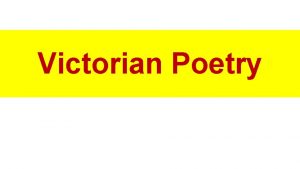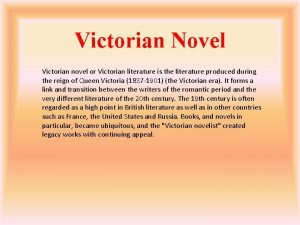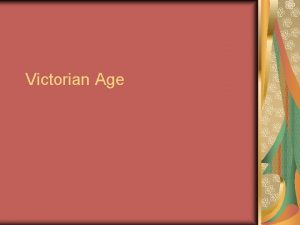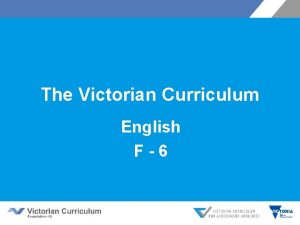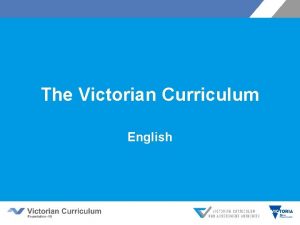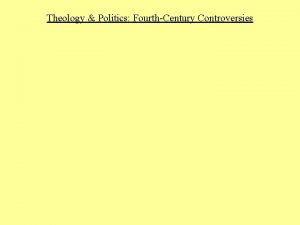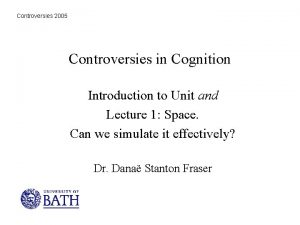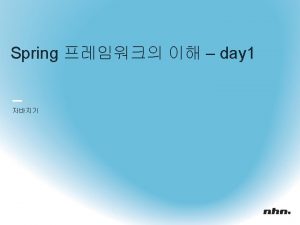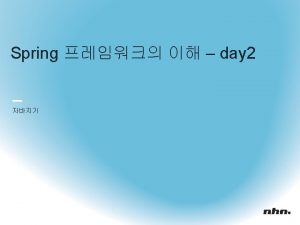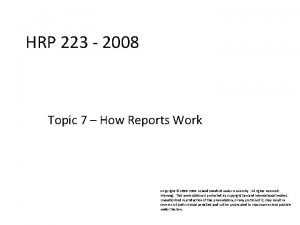Victorian Summary English 223 Spring 2020 Victorian Controversies














- Slides: 14

Victorian Summary English 223, Spring 2020

Victorian Controversies

Church of England n n n The Church of England, established by Henry VIII in the 16 th century, remained the official church of England through the Victorian Period. Catholics gained civil rights in 1829. Other competing sects included Baptists, Methodists, & others

Jews, Deists, & Atheists n n n The Jewish population grew from ~15, 000 (1800) to ~180, 000 (1900) Significant minorities in England became Deists, essentially placing their faith in science instead of revelation. And a number of free-thinkers became atheists, often in secret.

Forces working against religion, the Sciences n n n On the Origin of the Species, 1859. Charles Darwin. Uncovering the geologic record, which pushed back the history of the earth by millions of years, and uncovered fossils of animals no longer extant. Astronomy was advancing, extending the size of the universe.

Biblical Analysis n Beginning in Germany, scholars began to treat the Bible as an historical artifact, not as a book of revelation.

Political Controversies: External n n The Irish Question. From the 16 th to the 20 th century, Ireland was ruled by England. The Irish fought for independence through the Victorian age. Irish Famine, 1845 -49, led to drastic decline in Irish population via starvation and immigration. IRA bombings at the end of the Period

External Political Controversies n n Colonial competition, which England dominated. Economic competition, especially from Germany and the US.

Internal Controversies n n Rising power of the working classes led to three Reform Bills: 1832, 1867, and 1884. Increase in literacy and availability of books, newspapers, and magazines, which increased social mobility.

Women’s Rights n n In 1832, first women’s suffrage petition. In 1870, women earned the right to control their property in marriage. The struggle for voting rights increased through the period, succeeding in 1928. Like the Fenians, women seeking the right to vote sometimes resorted to direct confrontation.

Emmeline Pankhurst

Pankhurst n n n Led the movement, forming the Women’s Social and Political Movement in 1903. The movement only succeeded after direct confrontations, which included women chaining themselves within Parliament, arrests, and hunger strikes. Suffragette Emily Davison Killed - 1913

The Victorian Novel: Domestic n n n Jane Eyre and Wuthering Heights by Charlotte and Emily Bronte, Vanity Fair, by William Thackeray, The novels of Dickens, Trollope, George Eliot, Sir Walter Scott, and Thomas Hardy

Mystery, Fantasy, & Adventure n n n Wilkie Collins’s mysteries (The Woman in White, The Moonstone Conan Doyle’s Sherlock Holmes stories Rider Haggard and Rudyard Kipling’s colonialist, often fantasy fiction.
 Dl 11cd
Dl 11cd Resolución 223 sma
Resolución 223 sma Where to find hqda exord
Where to find hqda exord Ics 223-12
Ics 223-12 Controversies in sport
Controversies in sport Controversies in clinical psychology
Controversies in clinical psychology Controversies in trade policy
Controversies in trade policy Controversies in nursing
Controversies in nursing Sociology vs psychology
Sociology vs psychology Sports controversies
Sports controversies Sports controversies
Sports controversies Giduk
Giduk Spring is what months
Spring is what months Byzantine floral design
Byzantine floral design Art deco floral design history
Art deco floral design history
